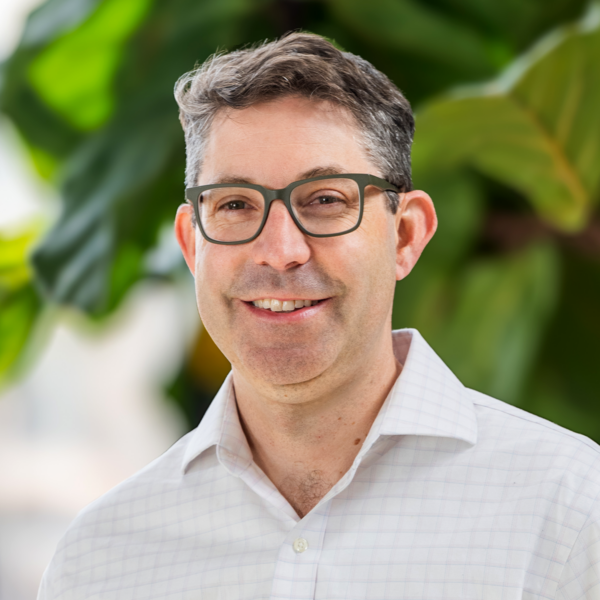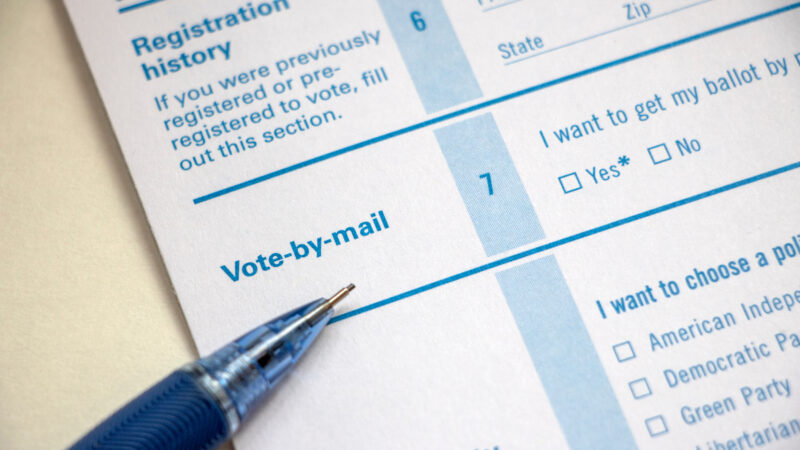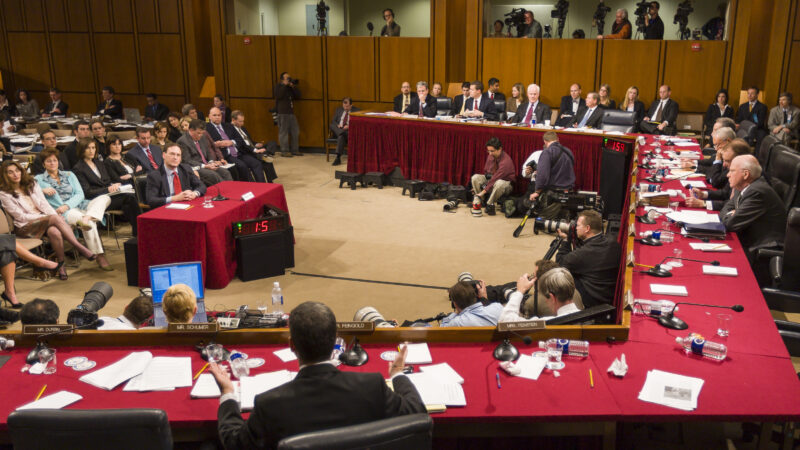Kristy Parker is Special Counsel at Protect Democracy. She leads litigation to secure accountability for abuses of executive power and interference with government functions, and leads advocacy to reform the Department of Justice and protect its independence from politicization.
Investigating and Prosecuting Political Leaders in a Democracy
- May 9, 2023
How to assess the difference between the rule of law and abuses of power
Former President Donald Trump has been indicted in New York and is facing escalating criminal investigations and possible indictments in other jurisdictions, both state and federal. Trump and his political allies have claimed that prosecutors are “weaponizing” law enforcement out of political animus toward Trump and to harm his chances of winning the 2024 election. The newly elected Republican House majority has joined the fray by forming a Committee on the Weaponization of Government for the apparent purpose of intervening in the various investigations of Trump. These actions risk creating confusion and uncertainty for the public about whether our law enforcement institutions are capable of functioning independently of partisan politics and enforcing the rule of law, or whether they have been hopelessly politicized by both parties in a manner that discredits their work.
Read our new guide: Investigating and Prosecuting Political Leaders in a Democracy Read our new guide: Investigating and Prosecuting Political Leaders in a Democracy
This, in turn, has serious implications for our democracy. As Protect Democracy explained in our Authoritarian Playbook, while our government is run by political actors, improper politicization of institutions with investigative and prosecutorial authority “should be treated as a substantial threat” to democracy. At the same time, accountability is crucial in a democracy and the rule of law demands that political actors be subject to the same laws as everyone else, even when investigative and enforcement bodies are overseen by members of an opposing political party.
The media has a central role to play in helping the public evaluate whether the ongoing criminal investigations of the former president and congressional investigations of state and federal law enforcement agencies are proceeding appropriately, or whether they are improperly politicized.
Accordingly, our paper, Investigating and Prosecuting Political Leaders in a Democracy is intended to serve as a guide to answering two key questions about the actions of the Justice Department and state and local prosecutors on the one hand, and Congressional oversight committees on the other:
- When is a criminal investigation of a political actor – or a declination thereof – an appropriate use of the government’s law enforcement powers versus a politically motivated one (or one in which there has been improper political interference)?
- When is a congressional investigation of a law enforcement agency or its activities an appropriate use of oversight authority versus a politically motivated effort to interfere in the proper functions of a separate branch or arm of government?
In doing so, it provides context on:
- The primary duty of prosecutors — to enforce the law and avoid considering politics.
- The appropriate role of prosecutorial discretion, which should not be exercised based on political considerations.
- The president’s appropriate role in overseeing the Justice Department and his or her duty to avoid involvement in specific enforcement matters.
- The longstanding norms and guardrails that safeguard the Justice Department’s independence from politics and the constitutional rights of subjects and defendants.
- The Justice Department’s policies affirming that investigative and prosecutive decisions should not be based on political considerations and that no one is above the law.
- Comparative research on the importance of imposing accountability for abuses of power by high-ranking political actors.
- Precedent for prosecuting chief executives in the United States and other democracies.
- The appropriate role for congressional oversight of the Justice Department and other law enforcement agencies.
- Appropriate considerations for law enforcement agencies in responding to congressional oversight.
For inquiries, please email [email protected].
Read Investigating and Prosecuting Political Leaders in a Democracy here.
Related Content
Join Us.
Building a stronger, more resilient democracy is possible, but we can’t do it alone. Become part of the fight today.
Donate
Sign Up for Updates Sign Up for Updates
Explore Careers Explore Careers
How to Protect Democracy How to Protect Democracy





